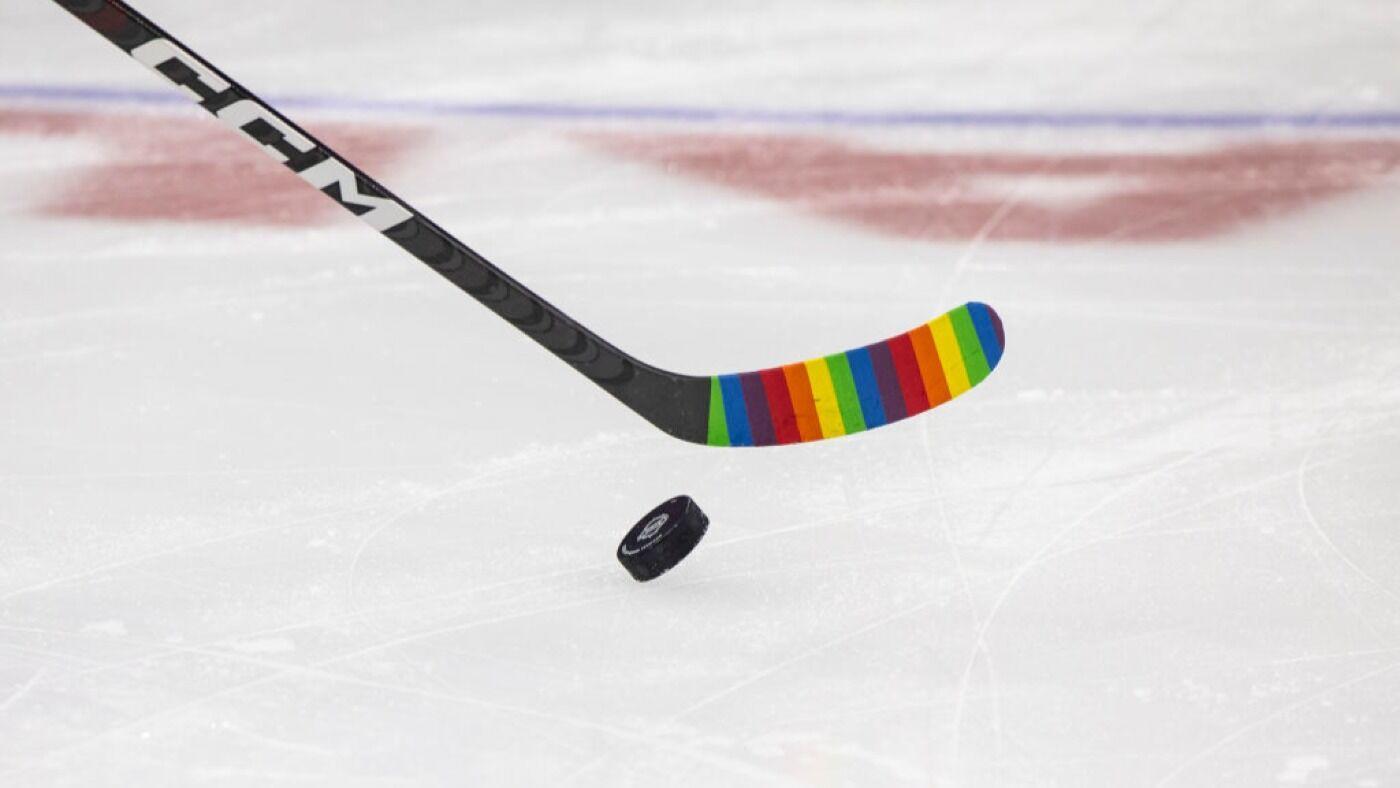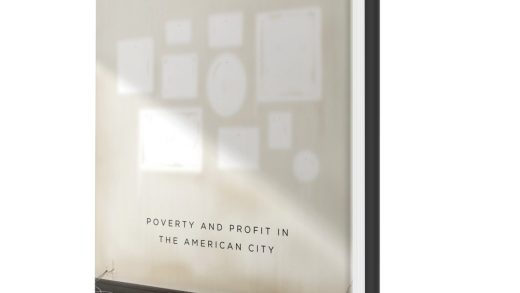
The National Hockey League (NHL) has been making strides towards inclusivity and diversity in recent years, with the implementation of Pride Nights in various teams’ schedules. These events aim to celebrate the LGBTQ+ community and promote acceptance within the sport. However, not all teams have been able to follow through with their plans to wear pride jerseys, and some players have even expressed their discomfort with the idea. Here is a timeline of NHL’s Pride Night issues and the reasons behind them.
2016: The First Pride Night
The NHL’s first official Pride Night took place on February 16, 2016, when the Toronto Maple Leafs hosted the Tampa Bay Lightning. The Maple Leafs wore special jerseys with rainbow-colored numbers and lettering, while the Lightning wore decals on their helmets in support of the LGBTQ+ community. The event was well-received by fans and players alike, and it set a precedent for other teams to follow suit.
2017: The Dallas Stars Controversy
In January 2017, the Dallas Stars announced that they would be hosting their first-ever Pride Night on March 2. However, the team faced backlash from some fans who felt that the event was promoting a political agenda. The Stars ultimately decided not to wear special jerseys for the game, but they still held various activities to support the LGBTQ+ community.
2018: The Chicago Blackhawks’ Misstep
The Chicago Blackhawks announced that they would be hosting their first-ever Pride Night on February 13, 2018. However, the team faced criticism for partnering with You Can Play, an organization that aims to promote inclusivity in sports but has been accused of not doing enough for transgender athletes. The Blackhawks ultimately decided not to wear special jerseys for the game, but they still held various activities to support the LGBTQ+ community.
2019: The Pittsburgh Penguins’ Backlash
The Pittsburgh Penguins announced that they would be hosting their first-ever Pride Night on February 23, 2019. However, the team faced backlash from some fans who felt that the event was promoting a political agenda. The Penguins ultimately decided not to wear special jerseys for the game, but they still held various activities to support the LGBTQ+ community.
2020: The Arizona Coyotes’ Cancelled Plans
The Arizona Coyotes announced that they would be hosting their first-ever Pride Night on February 15, 2020. However, the team faced criticism for not doing enough to support the LGBTQ+ community throughout the rest of the year. The Coyotes ultimately decided not to wear special jerseys for the game, but they still held various activities to support the LGBTQ+ community.
2021: The New York Rangers’ Controversy
The New York Rangers announced that they would be hosting their first-ever Pride Night on March 13, 2021. However, some players expressed discomfort with the idea of wearing special jerseys for the game. The Rangers ultimately decided not to wear special jerseys for the game, but they still held various activities to support the LGBTQ+ community.
Reasons Behind the Issues
The issues surrounding Pride Nights in the NHL can be attributed to a variety of factors. Some teams may face backlash from fans who feel that the events are promoting a political agenda or going against traditional values. Other teams may not have the resources or support to fully commit to the events, leading to cancelled plans or scaled-back activities.
Additionally, some players may feel uncomfortable wearing special jerseys or participating in activities that promote inclusivity and diversity. This discomfort may stem from personal beliefs or a lack of understanding about the importance of these events.
Moving Forward
Despite these challenges, many NHL teams continue to host Pride Nights and promote inclusivity and diversity within the sport. It is important for teams and players to continue to educate themselves and their fans about the importance of these events and work towards creating a more accepting and inclusive environment for all.


